Summaries of books about Politics & Social Sciences:
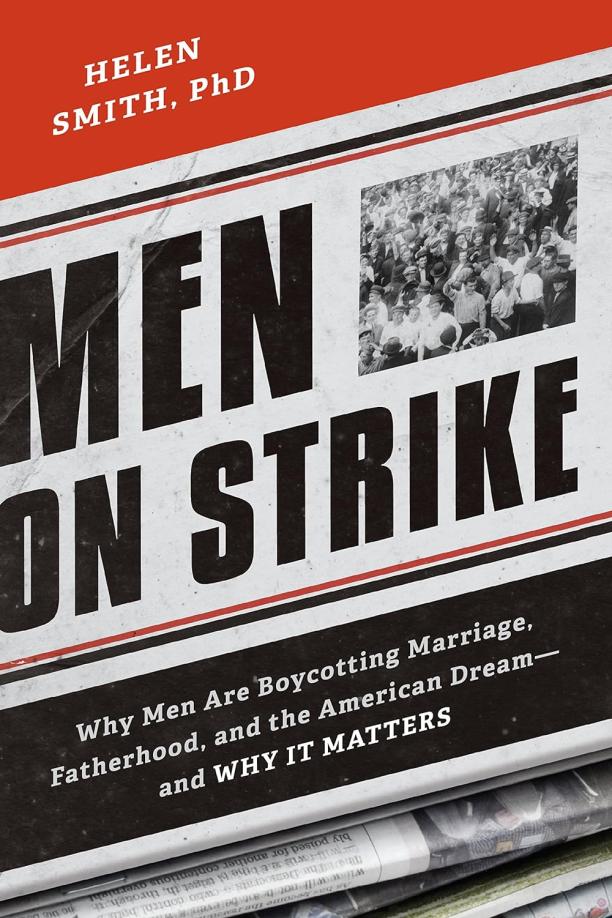
Men on Strike
Why Men Are Boycotting Marriage, Fatherhood, and the American Dream - and Why It Matters
Helen Smith
The book examines the growing trend of men opting out of traditional societal roles such as marriage and fatherhood, attributing this shift to perceived legal and cultural biases against men. It discusses the consequences of this "strike" on society and argues for changes to address the issues men face.
See full summary
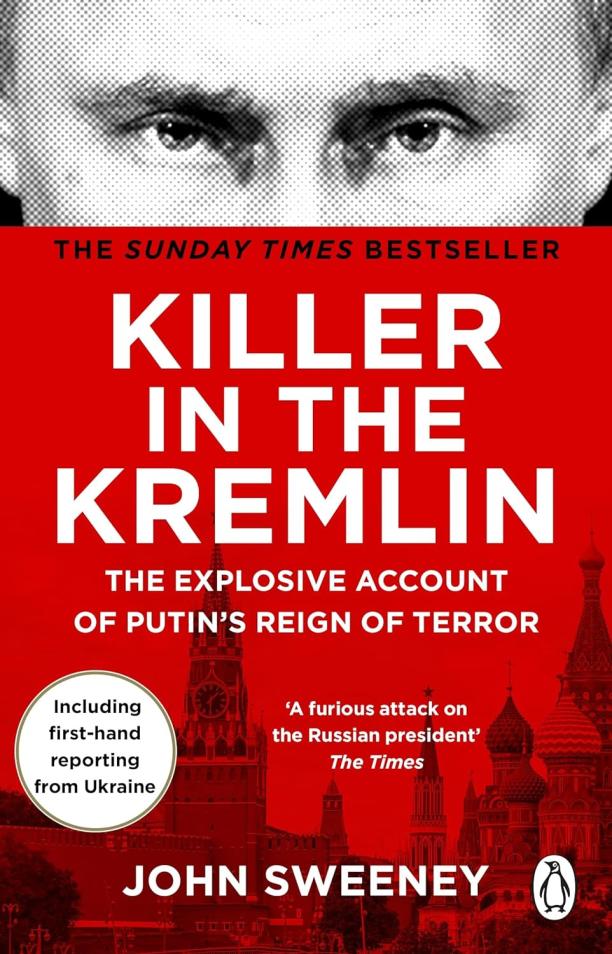
Killer in the Kremlin
The instant bestseller - a gripping and explosive account of Vladimir Putin's tyranny
John Sweeney
The book provides a detailed examination of Vladimir Putin's rise to power and his tenure as the leader of Russia, highlighting the authoritarian tactics and political machinations he has employed. It delves into the various controversies and allegations of violence associated with Putin's governance, painting a picture of a ruthless and calculating ruler.
See full summary
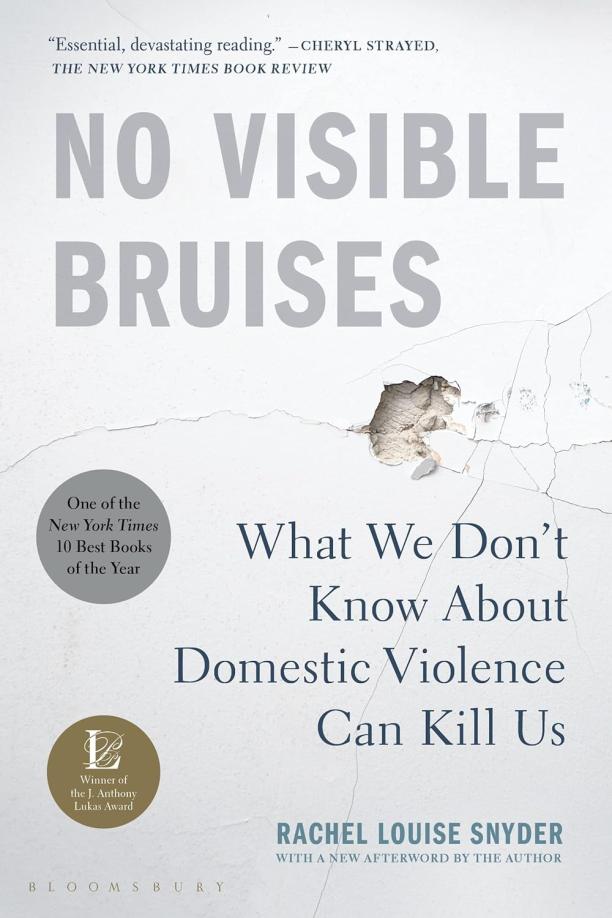
No Visible Bruises
What We Don’t Know About Domestic Violence Can Kill Us
Rachel Louise Snyder
The book delves into the complexities of domestic violence, exploring personal stories, societal failures, and the often-hidden dynamics that lead to abuse and fatalities. It also examines the efforts of advocates and innovators who are working to understand and prevent intimate partner violence, offering insights into potential solutions and policy changes.
See full summary
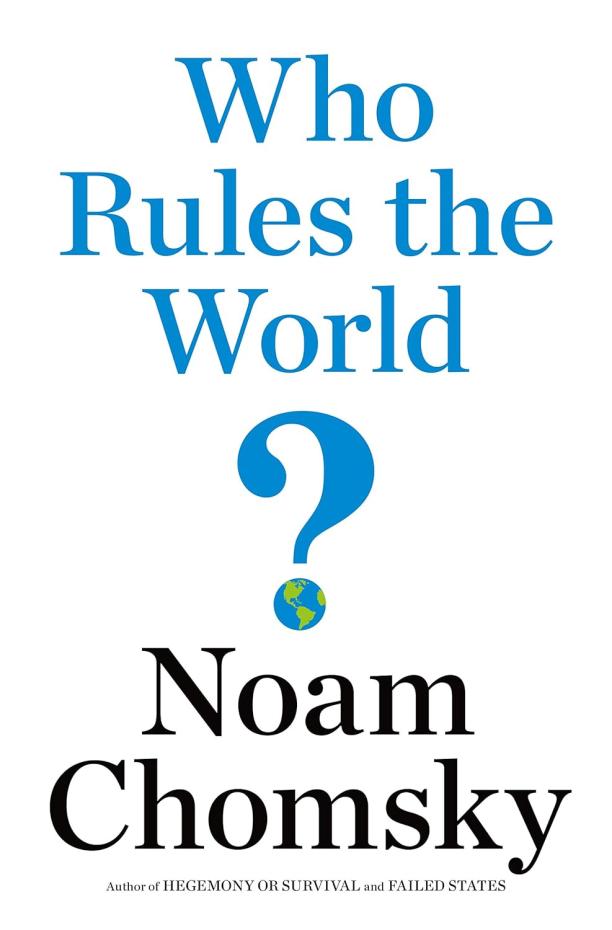
Who Rules the World?
Noam Chomsky
The book presents a critical analysis of contemporary global politics, focusing on the role of the United States in international affairs, including its military interventions and foreign policies. It examines the consequences of American power on global stability, democracy, and the environment, arguing for a reevaluation of the concept of "American exceptionalism" and the need for more ethical and sustainable approaches to governance.
See full summary
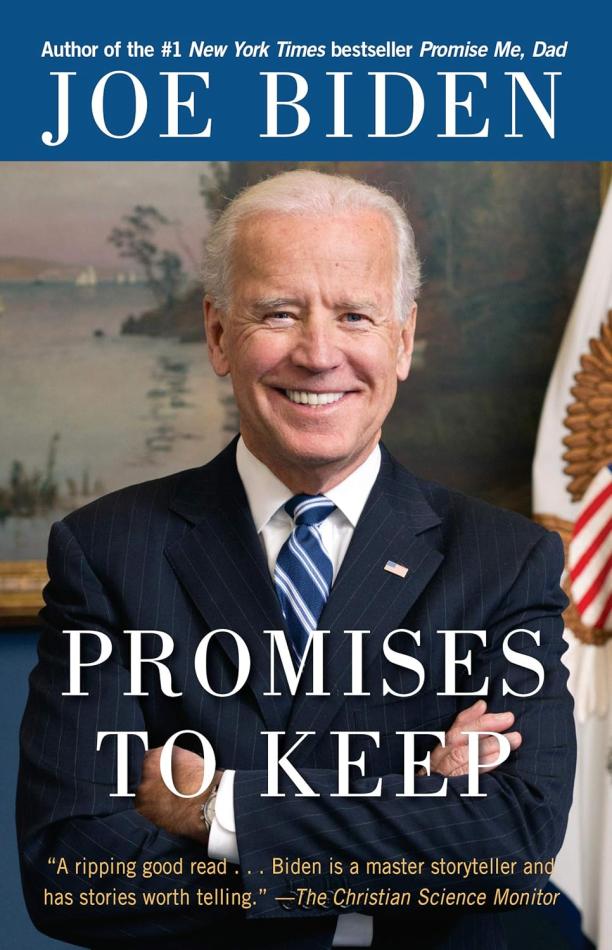
Promises to Keep
On Life and Politics
Joe Biden
The book is a personal memoir in which the author reflects on his life's journey, detailing his early years, family life, and long career in the Senate. It also covers his perspectives on political issues, personal tragedies, and the values that have shaped his public service.
See full summary
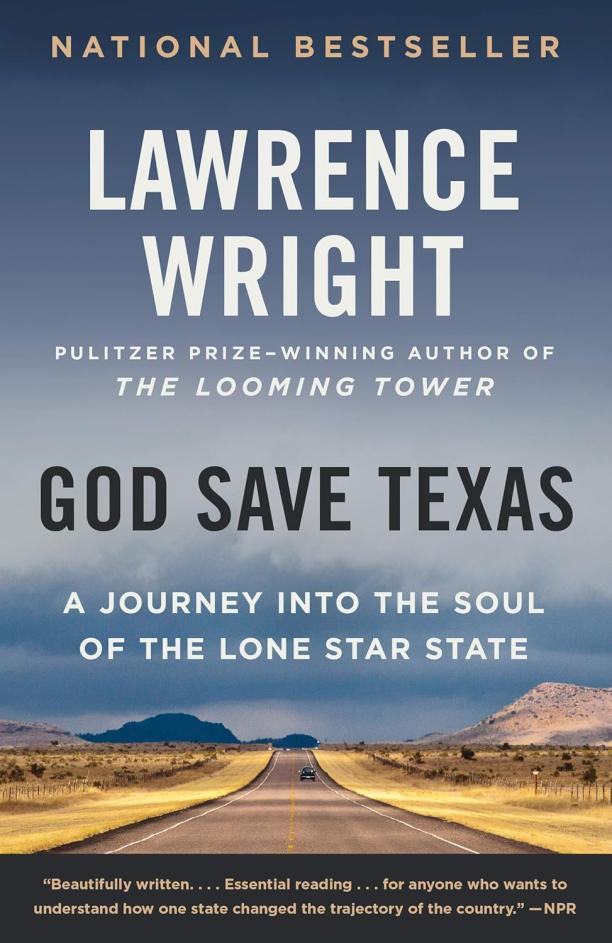
God Save Texas
A Journey into the Soul of the Lone Star State
Lawrence Wright
The book is a rich exploration of Texas's history, politics, culture, and identity, blending personal narrative with insightful reporting. It delves into the complexities and contradictions that define the state, from its influential position in national affairs to its unique societal dynamics.
See full summary
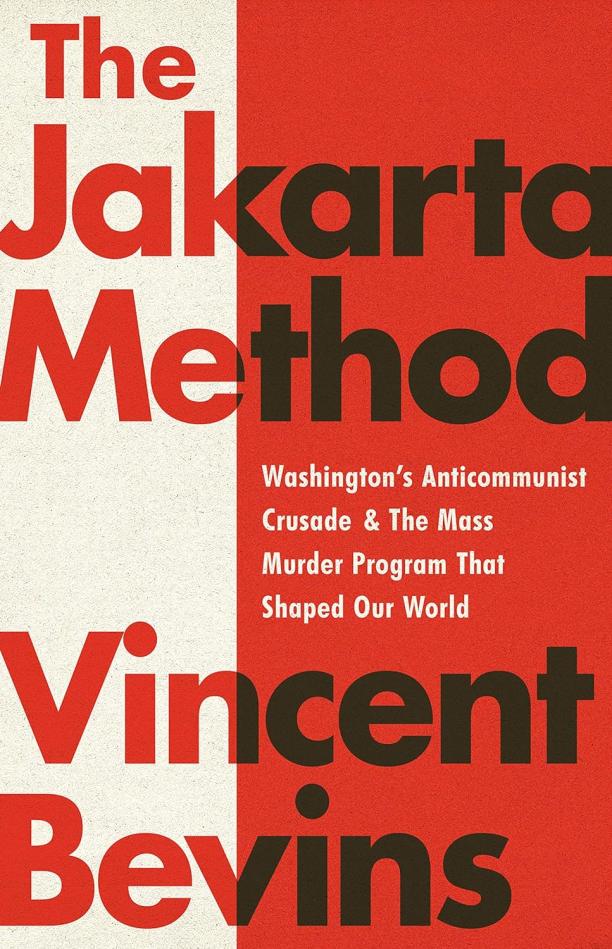
The Jakarta Method
Washington's Anticommunist Crusade and the Mass Murder Program that Shaped Our World
Vincent Bevins
The book investigates the United States' support for anticommunist regimes during the Cold War, focusing on the mass killings in Indonesia in 1965-66 as a case study. It explores how these events influenced global politics and the spread of authoritarian governments backed by the U.S. in other countries.
See full summary
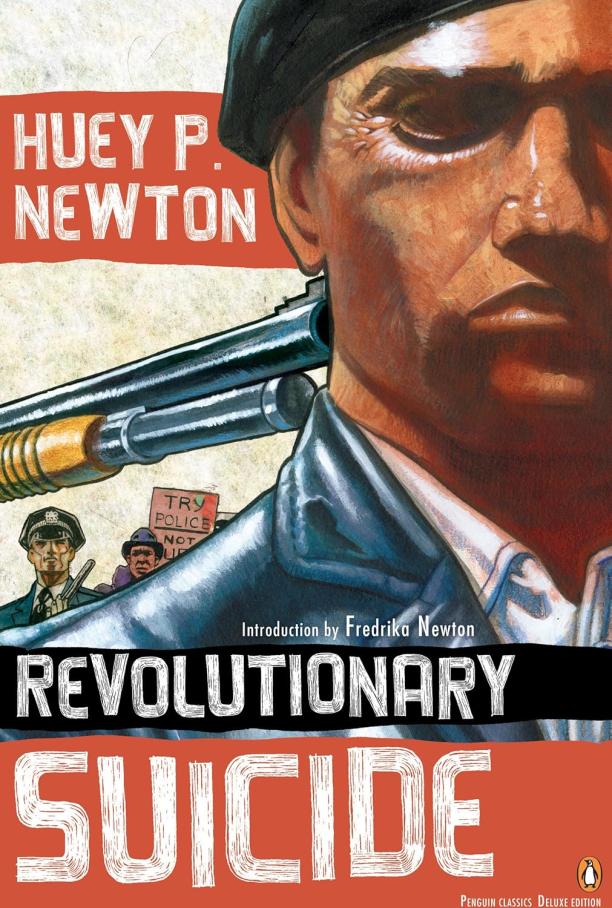
Revolutionary Suicide
Huey P. Newton
The book presents the autobiography of Huey P. Newton, co-founder of the Black Panther Party, detailing his personal journey, the formation of the revolutionary group, and its role in the civil rights movement. It explores the concept of "revolutionary suicide" as a form of resistance against systemic oppression, contrasting it with "reactionary suicide" faced by those crushed by societal injustices.
See full summary
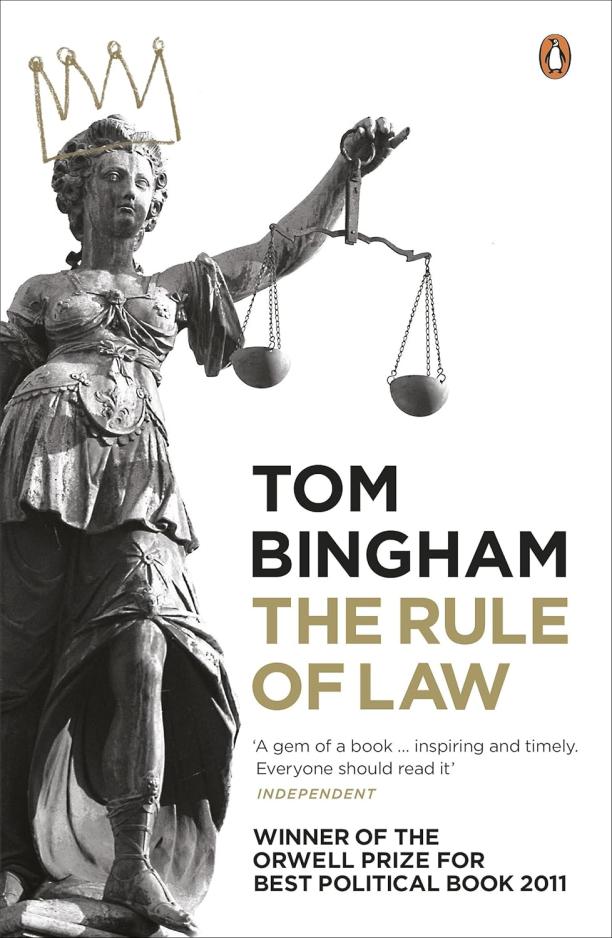
The Rule of Law
Tom Bingham
The book explores the history and significance of the rule of law, detailing its principles and practical application in various legal systems. It examines the challenges to maintaining the rule of law, including the balance between security and liberty, and the role of judges and lawyers in upholding this fundamental concept.
See full summary
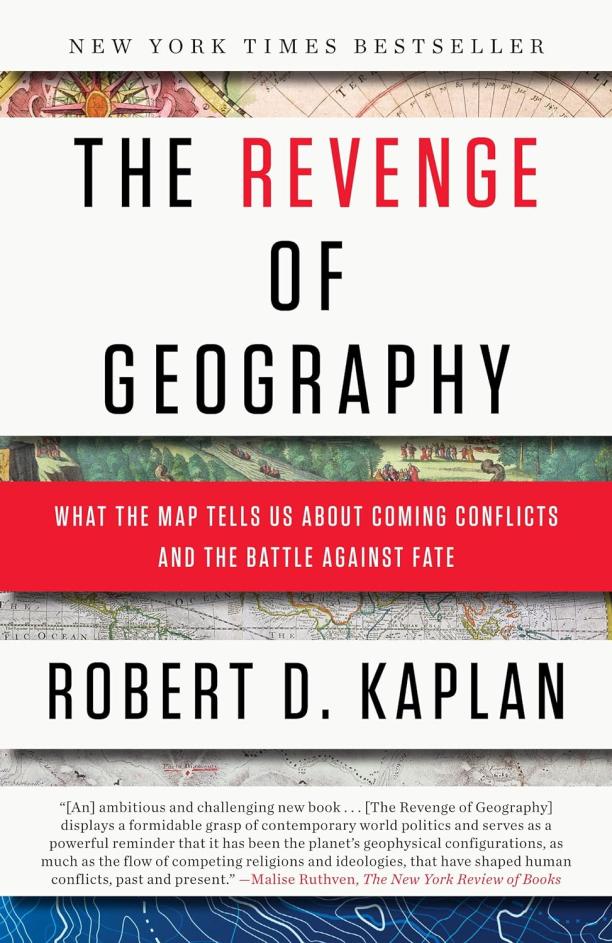
The Revenge of Geography
What the Map Tells Us About Coming Conflicts and the Battle Against Fate
Robert D. Kaplan
The book explores how a country's geographical location and topography can influence its political fate and international relations, arguing that physical geography shapes the destiny of nations despite technological advancements. It examines historical and modern geopolitical strategies, suggesting that understanding the map is crucial in foreseeing and preparing for future conflicts.
See full summary